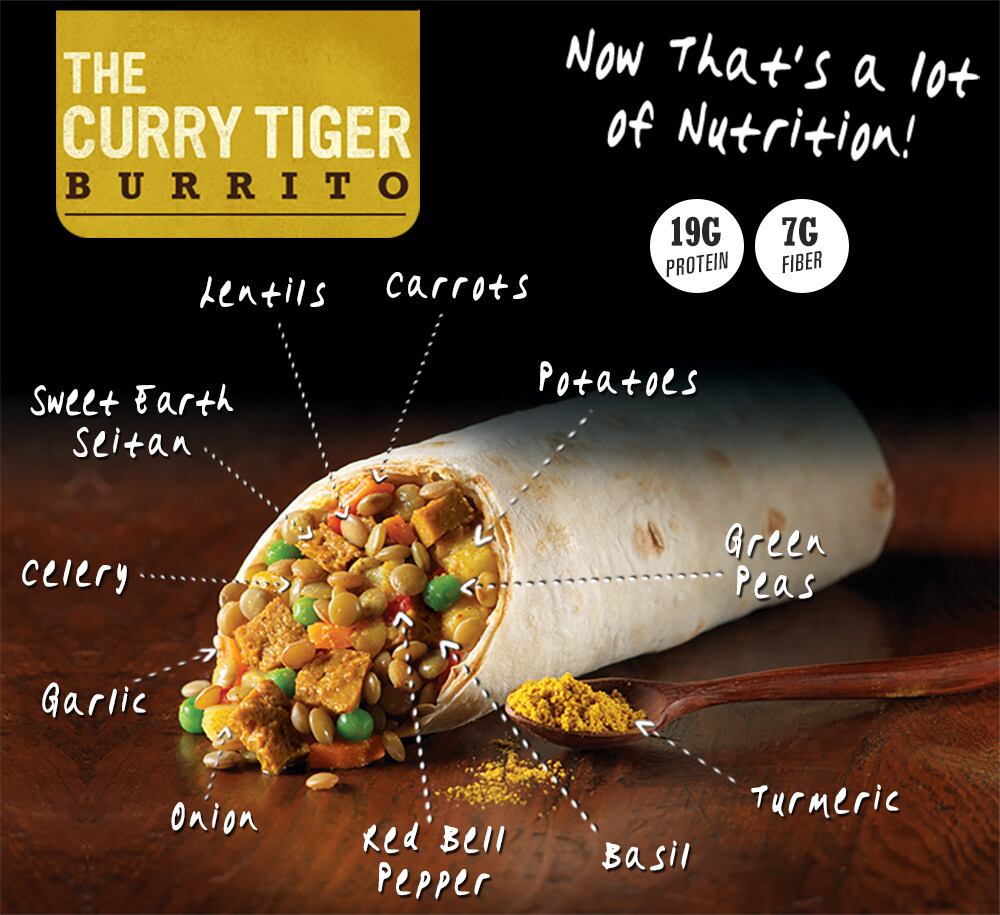Addressing social media posts arguing that Sweet Earth has in some way betrayed the natural foods movement by getting in bed with a multinational (Nestlé), Kelly Swette told FoodNavigator-USA: “I think there’s something wrong with a system that thinks it’s great for technology companies to invest in companies that want to change the food system, but somehow it’s not right for big food companies to invest in them.
“Big food companies such as Nestlé have to be part of the change, so this deal is a validation,” added Swette, who said she had been talking with Nestlé food division president Jeff Hamilton for a year before signing on the dotted line (read more about the deal HERE).
“They see consumers are interested in more plant-based, nutrient-dense, nutritious grain and vegetable based foods and they want to be part of it, rather than fighting or competing with it.”
Three year contracts
Both Kelly and her husband (and co-founder) Brian remain committed to the business, which will retain its autonomy, its integrity, and its management team, she stressed.
“We have a contract to stay on with Nestlé for at least three years. This is not my first career, or my second, or third. It’s my fourth, this is our legacy project. We want to make a difference, and with the support of a strong international company, we can accelerate the growth of plant based foods not only in the US but globally.”
Nutritious, convenient, food should be within everybody’s reach
If this was purely about making money, meanwhile, the Swettes could have made more by waiting a couple more years before selling, given the growth the business has been generating, she observed.
“But it’s not about the money. We want to make a difference in food, to make nutrient-dense, organic, plant-based foods more affordable so they are not just for the affluent few, but within everybody’s reach, and working with a company such as Nestlé can help us achieve that.”
Growth opportunities in foodservice
So what happens next?
There are lots of opportunities to tap into Nestlé’s R&D, manufacturing, purchasing and supply chain expertise, she said, while there are also big growth opportunities for the Sweet Earth brand to grow in foodservice, where Nestlé has a strong presence, she said.
“Seitan, our savory grounds, our benevolent bacon, would work really well in university campuses. Young people are very interested in these kinds of products and we don’t have much representation there, so certainly that’s one area where we think we can reach new consumers [via Nestle’s contacts and supply chain infrastructure].”
Sweet Earth also sees opportunities to accelerate innovation in the brand by tapping into Nestle’s global R&D expertise.
“But it’s about so many other things, the nuts and bolts of running a business, HR, IT systems, inventory management, where being part of a bigger company will benefit us,” she added. “Those are not the sexy things, but they are important in running a successful profitable business.”

'This isn't just a protein story...'
While some other plant-based food companies are focused on finding ingredients and technologies enabling them to replicate the taste and texture of meat, California-based Sweet Earth takes a more holistic view, says co-founder and CEO Kelly Swette.
“This isn’t just a protein story. Americans get plenty of protein, but they are not getting enough fiber, phytonutrients, and vegetables. We are also just starting to learn about the health benefits of herbs and spices and all these food traditions from around the world using grains and vegetables and protein from a variety of sources, and that’s what we’re trying to explore rather than just homing in on protein to the exclusion of everything else.
“We need more nutrient density and diversity in our diets. That’s why we make entrees, not just proteins.”
